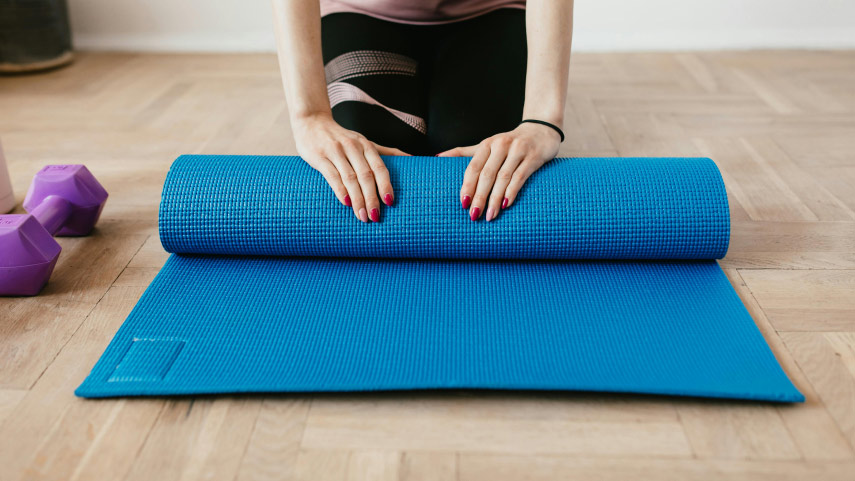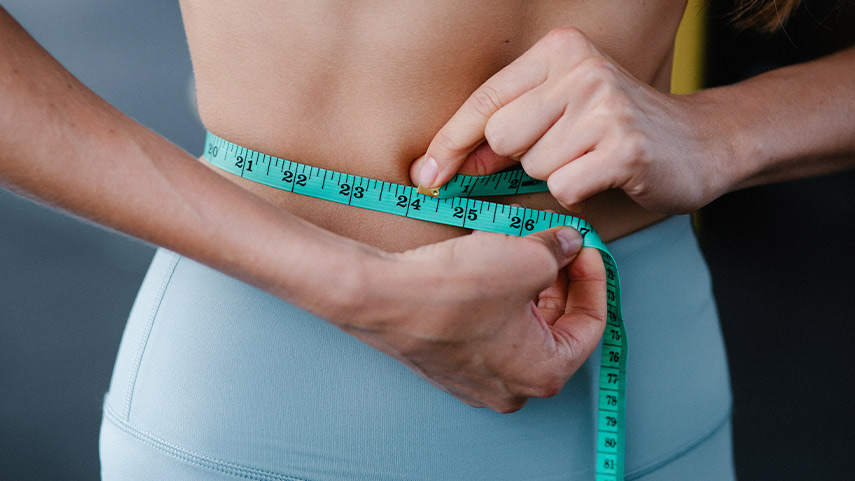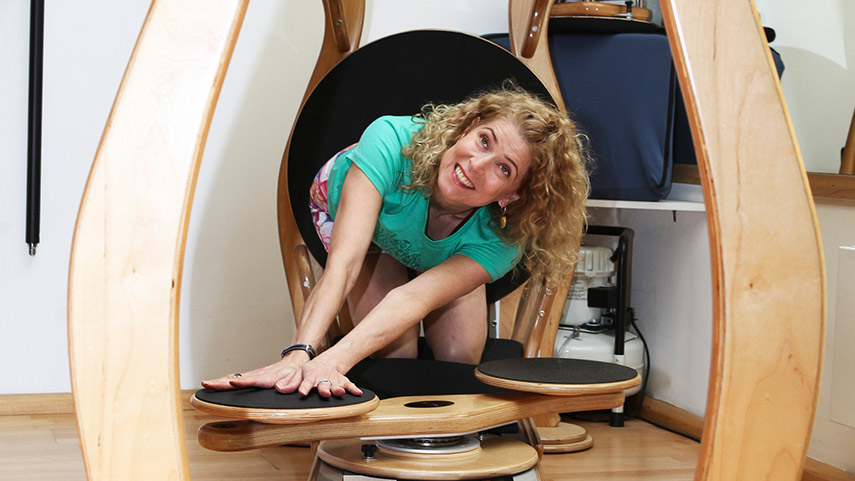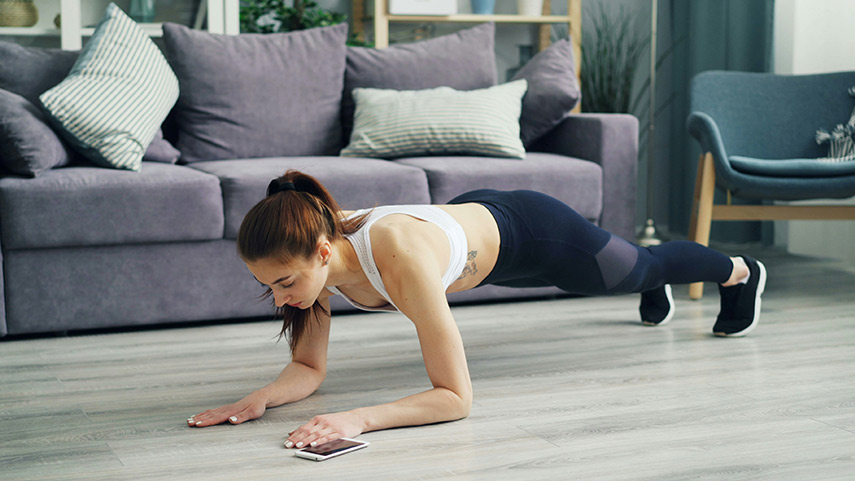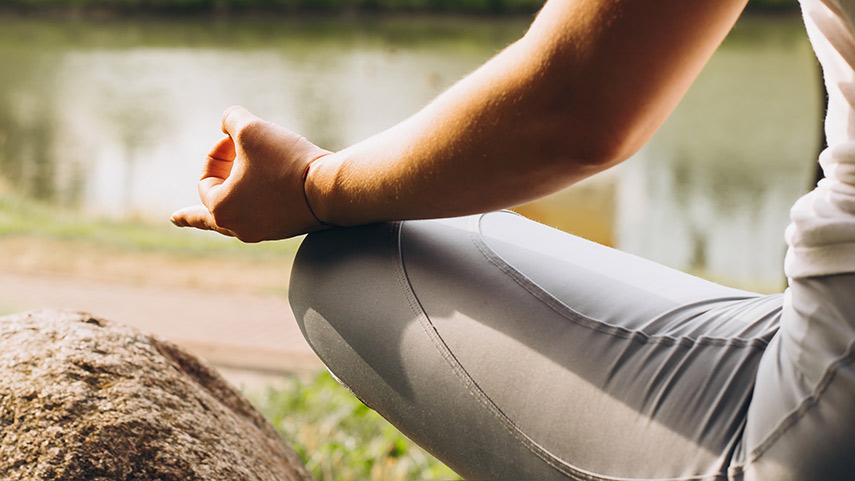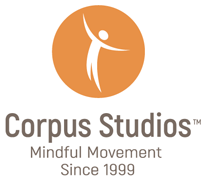Pourquoi confier son corps au système Pilates ? Dans un monde où il est de plus en plus crucial de prendre soin de sa santé et de sa forme physique, le Pilates se distingue comme une méthode efficace et polyvalente pour améliorer la condition physique, corriger la posture et favoriser l'harmonie entre le corps et l'esprit. Il propose non seulement des exercices de renforcement musculaire, mais il met également l'accent sur la respiration, la souplesse et la conscience du mouvement. Explorons les 10 raisons pour lesquelles le Pilates vaut la peine d'être essayé et comment il peut transformer votre vie de manière positive.
La méthode Pilates est réputée pour l'importance qu'elle accorde au développement de la force centrale, en ciblant les muscles qui enveloppent le tronc. Ces muscles sont essentiels au maintien de l'équilibre et de la stabilité dans divers mouvements, qu'il s'agisse d'activités sportives ou de simples activités quotidiennes. La recherche souligne l'importance de renforcer la stabilité dans les mouvements dynamiques et statiques, ainsi que d'activer les muscles centraux pour améliorer le contrôle neuromusculaire, réduisant ainsi le risque de blessures liées au sport.
Dans les séances de Pilates, une attention particulière est accordée à la consolidation des muscles centraux, souvent appelés "centrales musculaires". Chaque exercice commence par l'activation de ces muscles stabilisateurs, ce qui permet de les tonifier rapidement. C'est pour cette raison que de nombreux athlètes intègrent le Pilates dans leur programme de récupération, reconnaissant ses avantages en matière de prévention des blessures et d'amélioration des performances globales.
Lorsque le corps est jeune et souple, la flexibilité a tendance à passer inaperçue : les mouvements semblent faciles et naturels. Cependant, avec le temps, des facteurs tels que le vieillissement, la sédentarité ou les blessures peuvent entraîner une diminution de la souplesse, ce qui a un impact sur la qualité de vie en général.
La méthode Pilates intègre une variété de techniques telles que les étirements, les exercices de résistance, la musculation et des méthodes de respiration spécialisées, toutes destinées à améliorer la souplesse.
De plus, il n'est pas nécessaire de s'astreindre à des séances quotidiennes de Pilates pour obtenir des résultats. La recherche indique que la pratique du Pilates pendant seulement deux heures par semaine sur une période de 12 semaines améliore de manière significative la flexibilité et l'endurance des participants.
Lorsque votre posture est compromise, votre diaphragme peut rester dans une position contraignante, ce qui entraîne une respiration superficielle. Cela peut entraîner un apport d'oxygène inadéquat, des respirations plus fréquentes et une dépense d'énergie accrue. Le Pilates, en allongeant les muscles du tronc, permet de rectifier les problèmes de posture et facilite une respiration plus profonde.
Le Pilates a un impact profond sur la circulation sanguine, vitale pour une santé optimale. Grâce aux exercices de Pilates, le corps bénéficie d'une meilleure circulation sanguine, semblable aux effets de divers exercices physiques. En outre, le Pilates contribue à réaligner la colonne vertébrale, ce qui favorise une meilleure circulation sanguine et une baisse de la tension artérielle. Cette double approche souligne les bienfaits holistiques du Pilates pour la santé cardiovasculaire et le bien-être général.
Lorsque nous sommes stressés, notre corps se met en état de lutte ou de fuite, augmentant le rythme cardiaque et produisant des hormones de stress telles que l'adrénaline et le cortisol, qui peuvent avoir des effets dévastateurs sur notre santé physique et mentale au fil du temps. La méthode Pilates s'attaque de front au stress en mettant l'accent sur le contrôle de la respiration. En se concentrant sur une respiration profonde et intentionnelle pendant les exercices de Pilates, on peut se plonger dans le moment présent, se connecter à son corps et calmer son esprit. Des études ont montré que l'intégration de techniques de respiration attentive dans votre routine peut contribuer à réduire le taux de cortisol, le stress et ses effets néfastes sur le corps.
Le Pilates est une option sûre pour les périodes de rééducation en raison de sa nature à faible impact et de son adaptabilité aux besoins individuels. Ce système peut être adapté à des personnes ayant des capacités différentes, ce qui permet de maintenir le niveau d'activité pendant la convalescence. En outre, les blessures peuvent avoir des conséquences non seulement physiques, mais aussi émotionnelles. La méthode Pilates permet d'aborder ces deux aspects de la rééducation. En s'engageant dans des exercices de Pilates, les individus peuvent trouver la clarté mentale et se libérer des pensées et des émotions négatives, au moins pendant la durée de la séance d'entraînement.
La méthode Pilates est efficace pour prévenir les blessures sportives, car elle s'attaque aux causes profondes de ces incidents. Il s'agit notamment de mauvaises techniques d'exercice, d'une sollicitation excessive des articulations et des muscles, d'une mauvaise posture et d'une faible force musculaire. Grâce à la méthode Pilates, les individus peuvent s'attaquer à ces facteurs en améliorant leur force générale, en renforçant leur équilibre et en cultivant la conscience du mouvement, ce qui permet aux athlètes de mieux se concentrer sur leur forme et leur technique pendant les séances d'entraînement.
De plus, le Pilates sollicite des muscles qui sont souvent négligés dans les activités physiques régulières, ce qui favorise une répartition plus équilibrée de l'effort dans tout le corps. Cela permet de renforcer les articulations, d'améliorer la souplesse et de préparer le corps à résister aux contraintes rencontrées lors des séances d'entraînement typiques.
La méthode Pilates nous apprend à mieux nous connecter à notre corps, en favorisant la prise de conscience de ses signaux et mouvements subtils. Souvent, nous négligeons des problèmes tels qu'une mauvaise posture ou des déséquilibres musculaires jusqu'à ce qu'ils se manifestent par une gêne ou une douleur. Cependant, la méthode Pilates nous encourage à rester constamment à l'écoute de notre corps, en nous concentrant sur les mouvements complexes de chaque muscle pendant les exercices. Grâce à cette pratique, nous prenons l'habitude d'être attentifs au fonctionnement de notre corps et sommes mieux équipés pour détecter et traiter rapidement tout problème.
En conclusion, le Pilates n'est pas simplement une forme d'exercice, mais une approche holistique du bien-être physique et mental. En mettant l'accent sur le mouvement conscient, la méthode Pilates permet aux individus d'améliorer leur force, leur souplesse et leur condition physique générale tout en favorisant la relaxation et la réduction du stress. Que vous vous remettiez d'une blessure, que vous cherchiez à prévenir les blessures futures ou que vous souhaitiez simplement améliorer votre conscience et votre connexion corporelles, le Pilates offre une solution polyvalente et efficace. Pour les Bruxellois, explorer les bienfaits du Pilates peut conduire à un mode de vie plus sain et plus équilibré. Adoptez le Pilates Bruxelles comme une voie vers un corps plus fort et plus résistant et un esprit plus calme et plus concentré, avec les conseils d'experts de Corpus Studios™.

